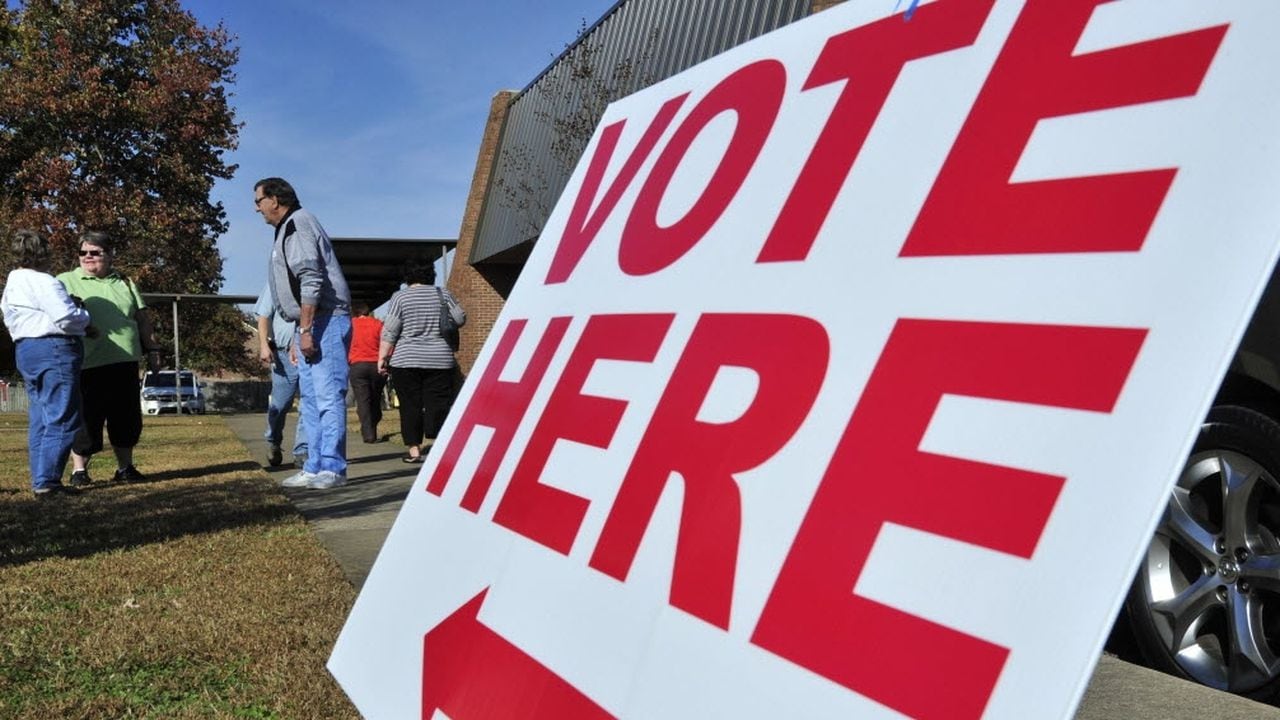Amendment 1 would clarify legislative process on local bills
Alabama voters will see one statewide constitutional amendment on the ballot Tuesday, a proposal to remove one step from the Legislature’s process for passing local bills, which are bills that affect only one county or one city.
Proposed Statewide Amendment Number 1 would tweak a constitutional amendment approved by voters in the early 1980s that was intended to make lawmakers pass the education and General Fund budgets before other legislation.
For decades, the Legislature has worked around that requirement by using what is called the budget isolation resolution, or BIR, which allows lawmakers to consider other bills before the budgets.
If the budgets have not yet passed, which typically happens late in the annual 15-week sessions, lawmakers in the House and the Senate must pass a BIR before they can vote on any bill. A BIR requires a three-fifths vote for approval. If lawmakers approve the BIR, debate on a bill continues, usually leading to a vote on the bill itself.
The BIR is required for local bills, too, but legislators handle local bills differently than those of statewide impact, and that has caused uncertainty and lawsuits about the BIR.
In most cases, legislators do not vote on local bills affecting counties other than their own. That tradition of local courtesy has raised the question of what qualifies as the three-fifths vote required for a BIR on a local bill.
Is it three-fifths of those voting? Or three-fifths of a quorum, the minimum number present to conduct business?
The constitution says, “not less than three-fifths of a quorum present,” which has proven confusing.
“That line has been interpreted different ways,” said Sonny Brasfield, executive director of the Association of County Commissions of Alabama, which supports Statewide Amendment 1. “And it has put in question local bills because of the application of the vote.”
“This amendment would clear up a problem that has existed with local laws for years,” Brasfield said.
Lawmakers approved the bill to put the amendment on the ballot last year. The bill, sponsored by Sen. Clyde Chambliss, R-Prattville, passed almost unanimously in the Legislature.
“It just removes one of those, in my opinion, unnecessary hurdles, that has really had no effect on legislation,” Chambliss said at the time.
Last week, Chambliss explained Statewide Amendment Number 1 on Alabama Public Television’s Capitol Journal.
The senator noted that local bills are generally noncontroversial from the Legislature’s perspective because they do not reach the floor for a vote without unanimous approval from the lawmakers representing the affected city or county.
“If any one of those legislators, House or Senate, objects to that legislation, it’s dead,” Chambliss said. “You have to have 100% unanimous support among the local delegations.”
Chambliss said the practice that legislators generally do not vote on local bills that don’t affect their districts has raised the question how to define the three-fifths vote required for the BIR.
“You get into this question of, three-fifths of what,” Chambliss said. “Three-fifths of the body, three-fifths of the quorum, three-fifths of those voting? And it’s been interpreted different ways by a lot of smart people over the years.
“This amendment would just clear all of that out. You have 100% agreement by your local delegation. It doesn’t have to go through the BIR and it goes through the legislative process like any other bill.”
For another explanation of Statewide Amendment Number 1, read the ballot statement prepared by the Fair Ballot Commission, which was created to provide plain-language explanations of legislative proposals. The statement is on the Secretary of State’s website.
